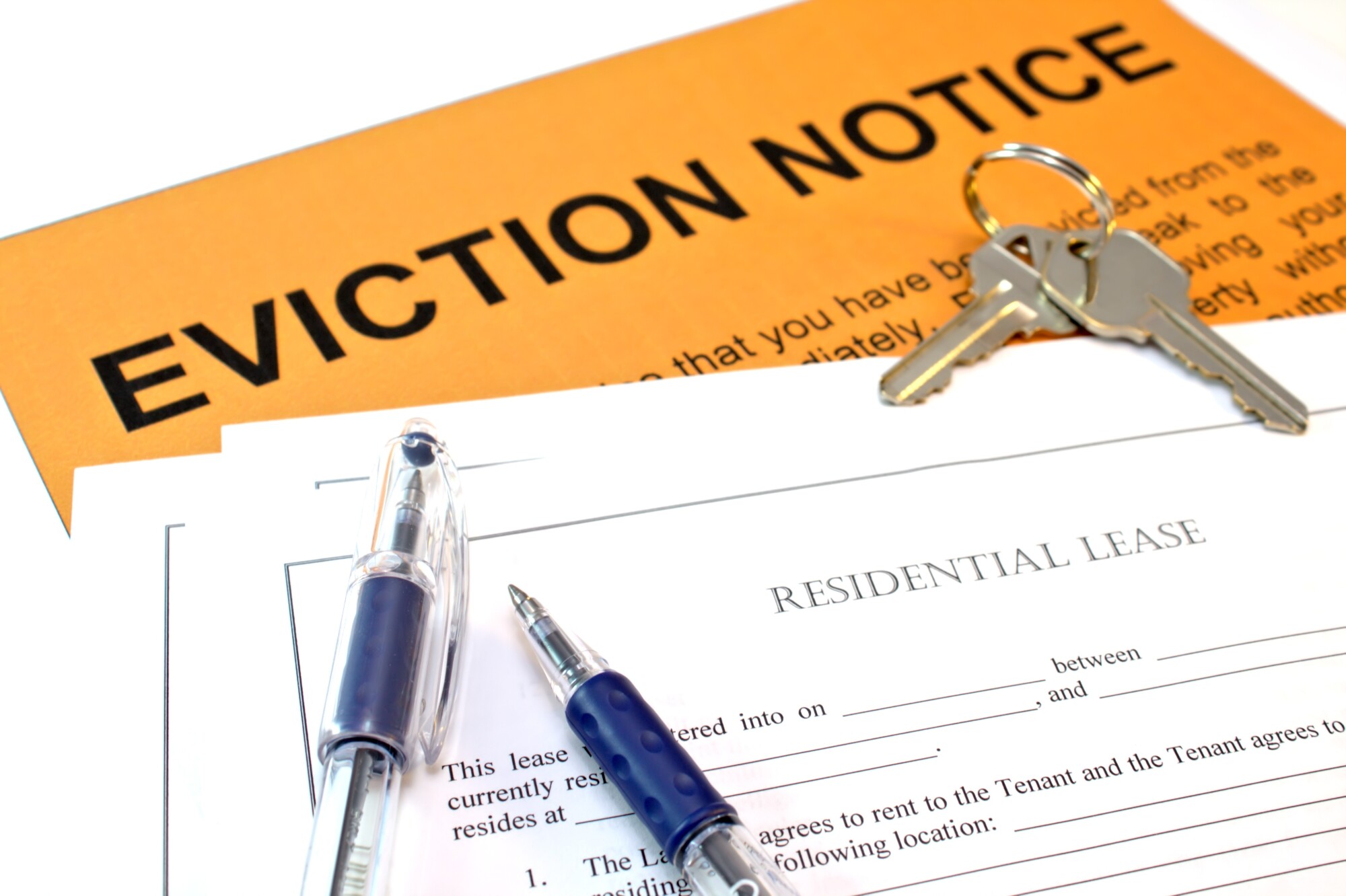As a landlord, tenant evictions are something you never want to have to deal with. But an eviction is almost certainly something you'll have to handle at some point in time when you're the owner of a rental property. When this time does come, it's important to follow proper procedure, so you legally protect yourself and your property.
Each state has its own laws regarding how to evict tenants. North Carolina is of course no different. So, what does the law say?
This guide will give you a breakdown, and give you some tips as to how you can best handle an eviction on an interpersonal level. Read on for everything you need to know.
North Carolina Tenant Evictions Laws
In the state of North Carolina, the official term for an eviction process is a Summary Ejectment. There can be slight differences in the eviction process from county to county, but the steps remain largely the same. There are four things you'll need to do to legally evict your tenant in North Carolina.
The first step is to serve your tenant with notice that they are in danger of being evicted. This involves sending a document to your tenant informing them you're planning on evicting them and providing them with a valid reason as to why. In North Carolina, you can evict a tenant for a few different reasons.
- Violation of the lease
- Illegal activity
- Failure to pay rent
- Landlord's decision not to renew the lease
The second step of the process will be to file a legal complaint with the relevant court. You can only do this a minimum of 1 month after you've served your tenant with notice.
Once you've filed all your documents with the correct court, a Summons and Complaint needs to be served to your tenant. You're not allowed to do this yourself, so you'll need a sheriff or other third party to do this for you.
If your tenant doesn't respond within 20 days, you can apply in court for a Writ of Possession, a document that orders the tenant to vacate the property within 5 days. Your tenant can appeal during this time, but if they don't, they are obligated to leave.
How to Evict a Tenant
The tenant eviction process is one that often turns acrimonious. Of course, your aim will be to keep things as civil as possible. You can do this by giving your tenants plenty of warning, and speaking with them calmly and with respect.
When you do begin the eviction process, one thing that's very important is to have all of your documentation present and correct. Keeping detailed records is important if you want a good chance of winning your case.
Handle the Tenant Eviction Process With Ease
Between the possible resistance, court hearings, and sifting through piles of papers and documentation, tenant evictions can be tough. If you'd like to make this part of being a landlord a little easier, why not take on the services of a property management company?
At Carolina Property Management, we've got the experience and expertise to assist you with whatever you need. Get in touch today to see how we can help you.















